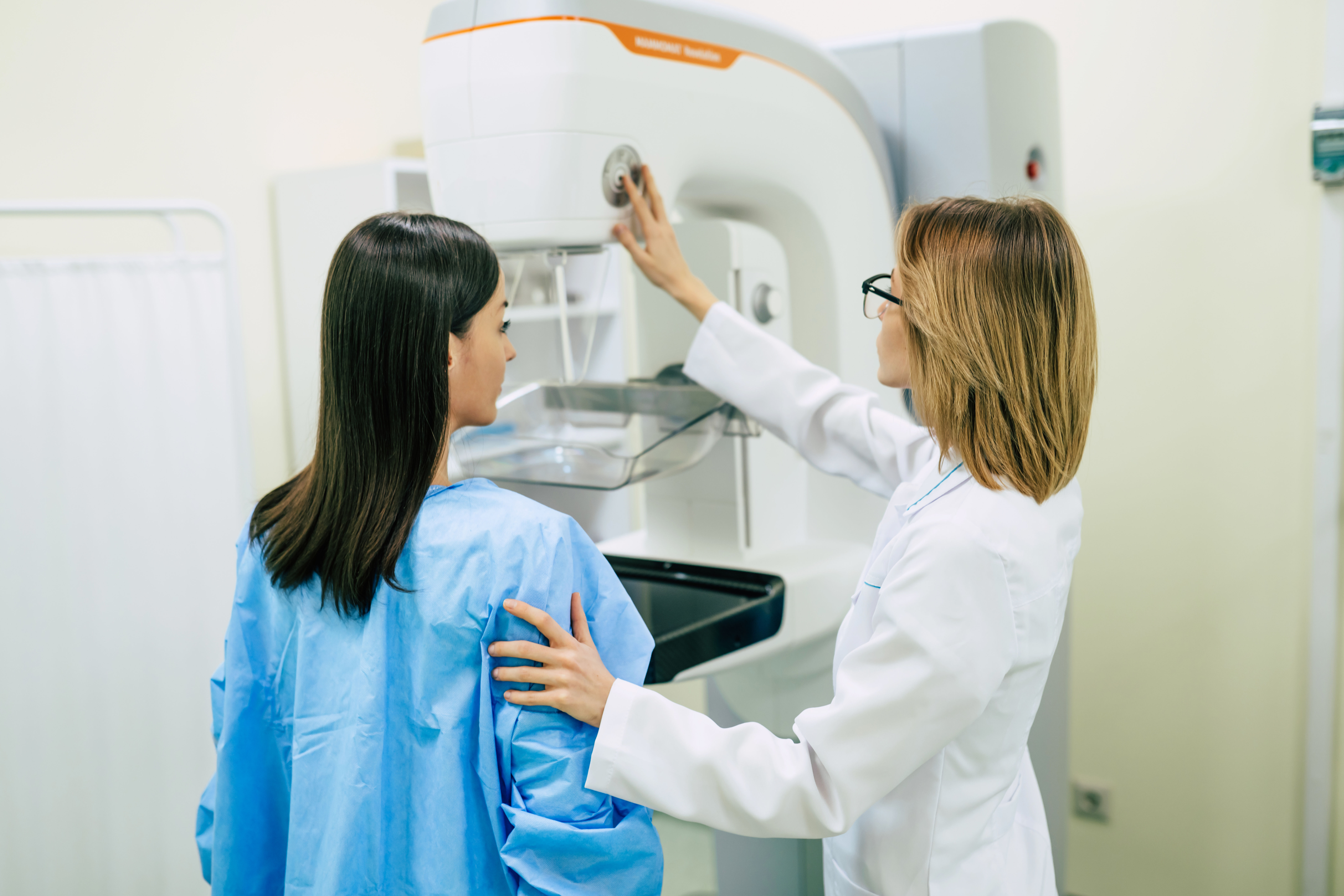This content is sponsored by MedStar Washington Hospital Center.
The American Urology Association reports that roughly 2 in every 100 men are affected by low testosterone, also known as hypogonadism.
When adult men (after puberty) experience low testosterone, it can cause an inability to gain muscle, infertility, decreased sex drive, reduced muscle mass, enlarged male breasts and mood disorders.
Dr. Nathan Shaw, a reconstructive urologist at MedStar Washington Hospital Center, said low testosterone is a real diagnosis with notable, clinical downsides. However, he said it’s important to see a specialist and not self-diagnose.
“Some patients are going to come in sure that they have low testosterone, and their issues are not testosterone related, but are in fact, other reasons to be tired and have decreased interest in sex or issues with erection,” he said.
Dr. Shaw said some men who think they have low testosterone may resort to supplements, but the ingredients are not regulated and could counter what you need.
“In general, supplements are unregulated, very difficult to assess what’s actually in them, and oftentimes, are much more expensive than the medicines that we use that are more proven to actually treat these symptoms,” he said.
The criteria most urologists use to diagnose low testosterone is two separate morning blood draws below 300 nanograms per deciliter, Dr. Shaw said.
“A normal range say for a healthy man in his 30s or 40s would likely be into the 400-500 range. And a teenager who’s in male puberty would probably be well over 700,” he said.
The most common treatment method is testosterone replacement through medication.
“So you can use things that are cross the skin – that can either be a patch that you apply every day or every 72 hours, or a cream or gel that you put on your skin once a day.”
Some newer medications include nasal spray and oral medicine. However, Dr. Shaw said an injectable form of testosterone – typically once a week or once every two weeks – is the most common treatment.
Although all of his patients administer the injections at home, Dr. Shaw said they are brought in for teaching and it does require recurring checkups.
Continual monitoring – typically every three months – is essential because whether it’s injected or used as a gel, testosterone can cause an increase in some blood counts.
“The main thing that we worry about is an elevation in the number of red blood cells,” Dr. Shaw said, adding that in some cases, patients have to get their blood drawn to lower blood counts.
Testosterone dosage is then tailored based on the patient’s follow-ups.
One of the most common causes of low testosterone is obesity. Dr. Shaw said this is because some of it is being converted to estrogen in their body.
“So peripheral fat can cause the conversion of testosterone to estrogen.”
Some men see improvements in their testosterone lab values by losing weight through diet and exercise or weight loss medication.
Other causes can be from medical treatment, such as cancer treatment.
“Whether that’s from testicular cancer, where a man has had a testicle removed and or chemotherapy – prostate cancer in older men”
Dr. Shaw said the number one side effect of testosterone replacement, particularly for men who want to have children via conception, is fertility issues.
When testosterone is given from outside of the body, it causes the testosterone that’s made inside the body to diminish substantially. Testicles need to be the organ making testosterone for normal sperm production and maturation.
“It may not cause complete infertility, there are certainly men who are on testosterone and are still able to have children via sex, but it will definitely negatively impact your fertility.”
Other side effects include smaller testicles, gynecomastia or sensitivity of the breasts or nipples, and mood swings.
Medical professionals have been hesitant about putting men on testosterone due to the risk of heart attacks and strokes. But Dr. Shaw said recent research has shown that “the heart concerns previously reported” are not substantial.
Any elevation in risk of prostate cancer is not well understood, according to Dr. Shaw.
“I would say it’s part of why we keep monitoring it because we’re frankly not 100% sure what that risk elevation is.”
Dr. Shaw said more and more evidence shows that testosterone replacement is a safe and in many cases, a necessary treatment. However, he highlights the importance of consulting with medical professionals.
Read more about low testosterone on the MedStar Washington Hospital Center’s website.







